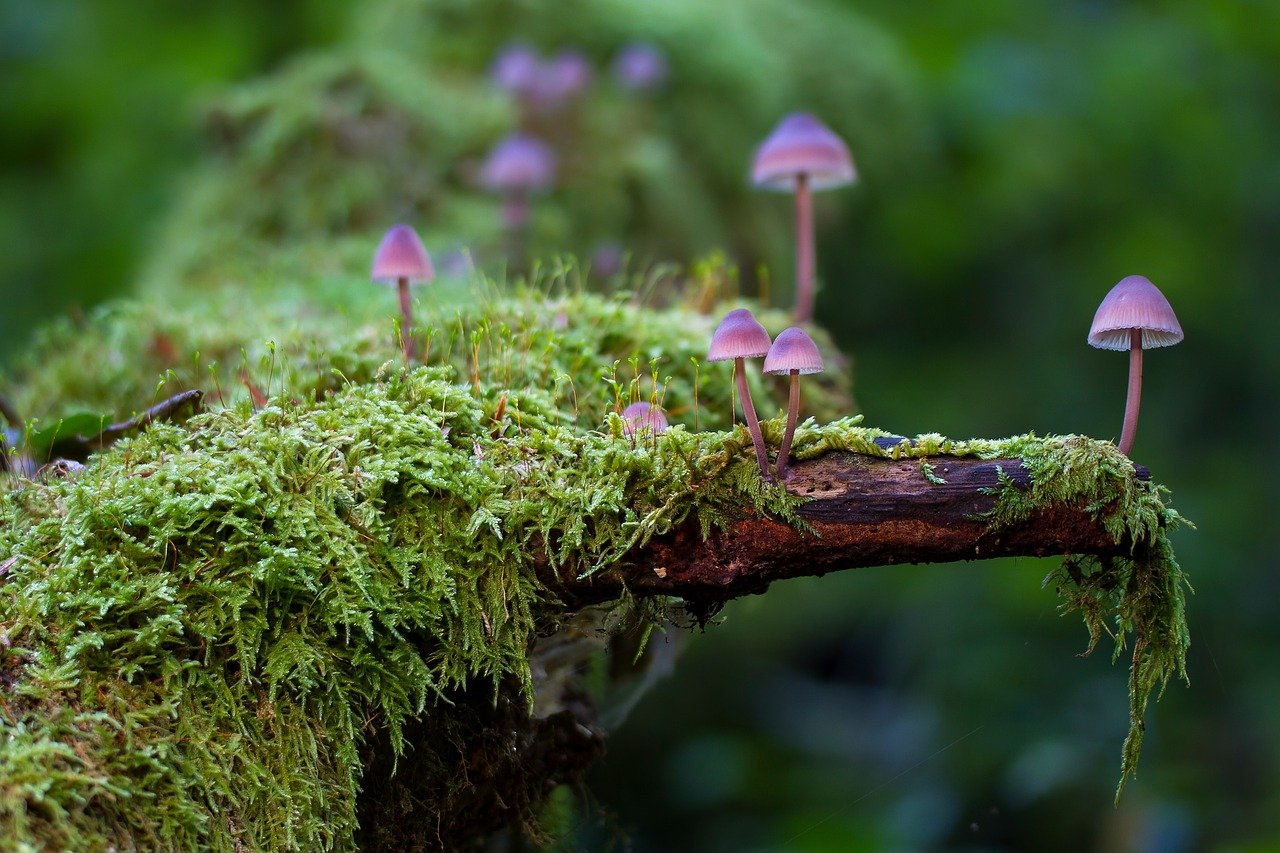


Around 380 million people across the globe suffer from different mental disorders (World Health Organization, (James et al., 2018)). Major depression is one of the most common conditions and its occurrence is rapidly rising in current life conditions. In 2020, COVID-19 pandemic significantly worsened the situation. Lockdowns, travel restrictions, economical strife and social distancing put billions of people into difficulty to cope with serious stress, loneliness and anxiety. In US, the proportion of people suffering from depressive symptoms rose from 11% to 42% (data from US Census Bureau, December 2020). Depression is growing concern for many governments because of its strong socio-economic impact and fighting it is of highest priority. The complex nature of these conditions (e.g. a mixture of personal, genetic, biological, societal, and environmental factors) leads to an enormous complexity of possible treatments for these conditions which were developed over time. Some classical approaches which include medication and physiotherapy have been around for a long time, however, they are costly and time-consuming (Duval et al., 2006). Recently, new strategies based on the use of psychedelic (hallucinogenic) drugs were developed. They showed very promising results in clinical trials for several mental disorders, including substance use disorders; depression; anxiety, and post-traumatic stress disorder (PTSD) (Mithoefer et al., 2013; Ot’alora G et al., 2018). They induce a wide range of psychological, cognitive, emotional, and biological effects that can be relevant for mental disorders treatments.
Psychedelics offer a shortcut for mental disorders treatment
Clinical proofs of Psychedelics’ efficiency for mental disorders treatment
Depression and anxiety are the most common mental disorders that are usually treated by a combination of pharmacological agents (classical antidepressants) and psychosocial interventions (e.g. psychotherapy). However, such treatments might take long time to obtain solid results, ranging from 2 to 7 years. The use of classical antidepressants (as serotonin reuptake inhibitors (SSRIs), and serotonin/noradrenaline reuptake inhibitors (SNRIs)) while might be beneficial, it still can produce serious side effects. As the result, the traditional approach for depression treatment is very costly and time consuming. Meanwhile the efficiency of some of these treatments might not always be measured by biological markers and usually assessed by the patient’s perception (Cristea et al., 2019). As a consequence, better alternative treatments (e.g. the use of psychedelics) are being developed lately to improve depression treatment.
Psychedelics (hallucinogens) are often referred to as substances that change the cognitive process, e.g. alter thought, perception, and mood without producing serious memory impairments, delirium, or addiction (Nichols, 2016). Psychedelics produce similar effects by mostly targeting serotonin 5-HT2A receptors, show cross-tolerance, and may possess therapeutic efficacy for several mental disorders. The big advantage of such treatment is that the efficiency is visible very soon compare to classical treatments, and can be observed in 2-7 days (Galvão-Coelho et al., 2021).
Most of clinical trials conducted to estimate efficiency of psychedelics to treat mental disorders were done typically in controlled environment, or ‘psychedelic-assisted psychotherapy’. In controlled conditions, psychedelics like ayahuasca, psilocybin, ibogaine and LSD produce immediate and significant anti-depressant and anti-psychotic effects lasting for months. They are well tolerated and produce only mild adverse effects, unlike classical antidepressants (Wilkinson et al., 2019). In randomized-controlled clinical trials, LSD showed positive results and reduced psychiatric symptomatology (e.g. in alcoholism) in short and long-term. Psilocybin also showed impressive efficiency for treatment-resistant depression and reduction of anxiety in cancer patients (Griffiths et al., 2016). Another psychedelic, ibagaine, efficiently attenuates drug-seeking behavior and alcohol addiction. In recent clinical trials, the signs of a reduction in opioid dependence were observed as soon as 3 days after single ibogaine administration and lasted for at least 12 months (Noller et al., 2018). In this light, psychedelics might offer us a novel fast-acting treatment for depression and other mental problems.
Despite heavy regulations, there have been several studies how psychedelics change neuronal activity and cellular functioning. A recent study showed that administration of psychedelics (such as LSD, DMT, DOI ) triggers structural plasticity e.g. formation of new synaptic connections by activating TrkB, mTOR, and 5-HT2A signalling pathways (Ly et al., 2018). Psilocybin also changes functional connectivity in the brain networks and improves memory, and attention (Barrett et al., 2020). Thus, psychedelics can promote rewiring of the brain to enable faster behavioral changes and treat mental disorders in much faster time scale. These properties attracted a lot of attention from small start-ups across the globe.
A growing body of evidences suggests that psychedelics might offer a novel highly efficient approach for treating addiction, mental disorders, and depression. Small pharmaceutical companies are pioneering the field of psychedelics for medical applications and big pharmaceutical companies are likely to follow the trend. Currently, there are about 30 public and 20 private companies conducting clinical trials on different psychedelic drugs for various conditions. Most of these companies are located in US, Canada and UK, while Europe remains though with regulations. Around 30 clinical trial are now in phase I-III and a much more in preclinical stage. MDMA treatment for PTSD is now in phase III and shoved very promising results. However, more research needs to be conducted to verify precise mechanisms of psychedelics’ action in the brain and potential costs and benefits of such treatment.
Please, if you like this article, please share it with your friends, subscribe to our news and free networking events here and leave your comments below.